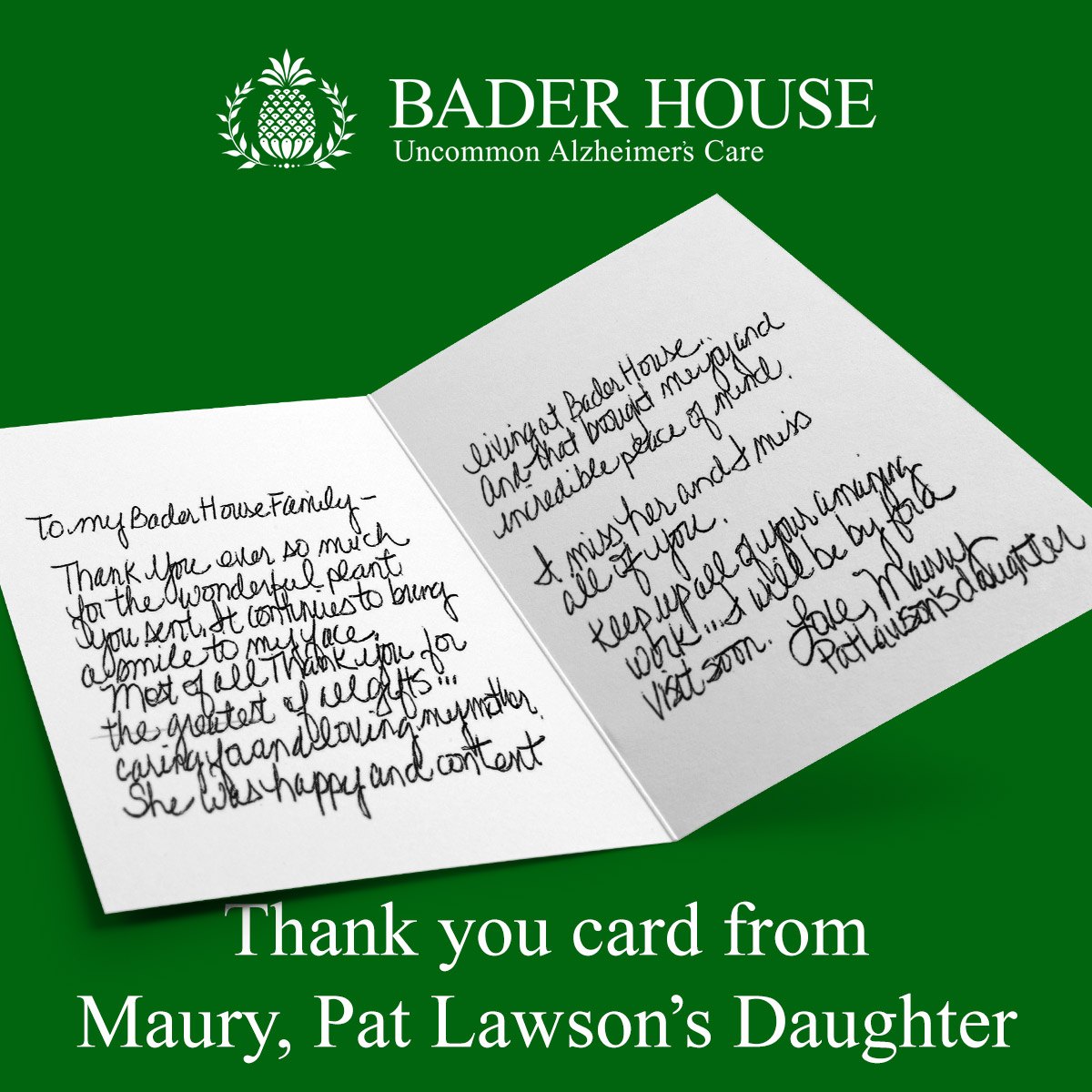The Benefits of Meditation for Those Living With Dementia

We know exercising the body keeps the body healthy. And you probably also know that exercising the mind through exercises like reading, crossword puzzles and critical thinking helps keep the mind healthy. But new research is emerging that shows that mindfulness—the practice of being in the present moment—may also have significant cognitive benefits, improving our ability to focus, reducing our stress levels and improving memory.
The best way to practice mindfulness? Meditation.

What is Meditation?
According to the co-director of the Stanford Brain and Performance Center Angela Lumba-Brown, “Meditation is an intentional practice to cultivate awareness using concentration.”
Thee are a lot of misconceptions out there about meditation. Some see it as an attempt to empty the mind, escape reality or transcend the hardships of life. But meditation as a practice is not set out to achieve these lofty and impossible goals. As the popular meditation app Headspace explains, “Meditation isn’t about becoming a different person, a new person, or even a better person. It’s about training in awareness and getting a healthy sense of perspective. You’re not trying to turn off your thoughts or feelings. You’re learning to observe them without judgment. And eventually, you may start to better understand them as well.”
Meditation can be practiced many ways. You can meditate in the traditional sense, sitting on the floor with your eyes closed either doing a guided or self-guided meditation practice. You can meditate while walking in nature. You can meditate alone or with others. You can meditate on a plane. You can meditate with music or in silence. You can meditate lying down before bed or first thing in the morning. Meditation is a flexible practice you can take with you wherever you go.
A standard guided meditation will include some form of body awareness, scanning the body to see how it feels, and some form of mindfulness practice in which you become aware of your thoughts (rather than simply thinking them), coming back to your breath, a visualization or a fixed object every time you sense your mind is wandering.
You will never be perfect at meditation. Our brains like to think, predict outcomes and solve problems, but the more you practice meditation, the more you will be aware of your thoughts and when they are running into the future or the past, and the better you will be at returning to the present moment.
What Are the Benefits of Meditation for Those Living with Dementia?
Research and studies unanimously agree that meditation is good for the brain (and body). Meditation has been proven to:
More recently researchers have been looking at the effects of meditation on those who are living with dementia or Alzheimer’s disease or those who self-report trouble with memory and may be experiencing cognitive decline. The effects are significant.
One of the most impressive studies to date was done by the Alzheimer’s Research and Prevention Foundation and published in The Journal of Alzheimer’s Disease. The foundation looked at the effects of a type of yoga meditation called Kirtan Kriya on the brain. The foundation began this research in 2003. Their findings report that this type of meditation practiced for 12 minutes per day for about eight to 12 weeks can have the following effects:
This study also looked at the effects of meditation on caregivers, who often live under a great deal of stress while trying to care for their loved ones. They found that when caregivers meditated daily for 12 weeks, they showed:
In summary, meditation is good for the brain on many different levels, staving off cognitive decline and helping reverse damage already done.
Other studies have had similar results.
This study looked at the effects of long-term meditation on the brains of those with mild cognitive decline and early-stage Alzheimer’s disease. They discovered an increase in gray matter in the brain for those who practiced regular meditation, which suggests that “long-term daily meditation may be able to slow down the neurodegenerative process in crucial areas of the brain.”
This study looked at the effects of music listening versus Kirtan Kriya meditation on those with early memory loss. While the music listening and meditation groups both showed marked improvements in their cognitive function, the study says, “those assigned to [Kirtan Kriya] showed greater gains in perceived stress, mood, psychological well-being.”
While meditation is not a cure for Alzheimer’s or dementia, evidence does suggest it can help slow memory decline for those living with early-stage dementia and may help decrease your chances of developing dementia in the future.
How Can Older Adults Practice Meditation?
When you’re just getting started with meditation, having a guide is best. This way you don’t have to worry if you’re doing it “right,” how long you should meditate for, what you should be doing and thinking, etc. With the internet and smartphones, a professional meditation guide is accessible and affordable, if not completely free.
The Headspace app offers an array of guided meditations from five to 20 minutes led by professionally trained guides from various walks of life.
If you’re interested in Kirtan Kriya meditation, you can do this free guided meditation on YouTube.
Or you could try this YouTube meditation led by a therapist who specializes in senior care. This is an excellent meditation to do in the evening before bed.
You can also do a five-minute sensory meditation that’s as simple as sitting down and noticing what you see, smell, hear, taste and feel. Caregivers can easily guide loved ones through this type of meditation every day as a way to bring your loved one into the present moment if she is acting distressed or feeling anxious.
Deep breathing is another easy way to incorporate meditation into your life. You could try a technique known as the “box breath,” where you breathe in through your nose for four counts, hold the breath for four counts, then breathe out through your mouth for six counts. Repeat for two minutes.
Whether you are a caregiver, living with dementia or wondering if you’re starting to experience mild cognitive impairment, meditation can be incredibly beneficial to you, especially if you practice daily for a prolonged period of time. Just a few minutes a day of mindfulness meditation could help slow your cognitive decline, reduce your stress and greatly improve your quality of life both physically and emotionally.





